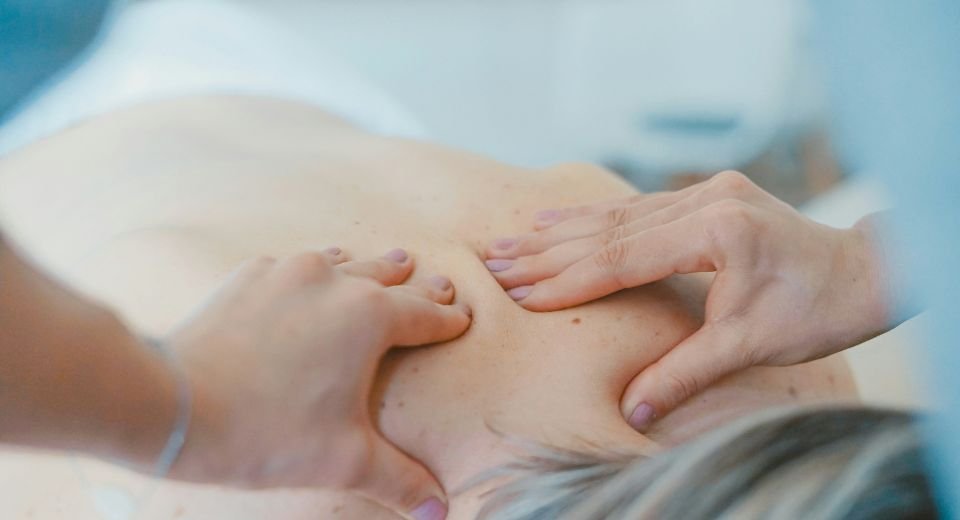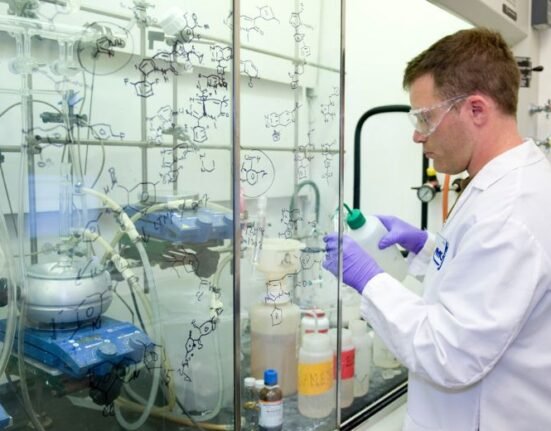HQ Team
The US Food and Drug Administration (FDA) has approved Eli Lilly’s Omvoh (mirikizumab-mrkz) for the treatment of moderately to severely active Crohn’s disease in adults.
Omvoh has already been approved in the US for two types of inflammatory bowel disease (IBD) and for moderately to severely active ulcerative colitis (UC) in adults.
Omvoh is the first biologic treatment in more than 15 years to have disclosed two-year Phase 3 efficacy data in Crohn’s disease, according to Eli Lilly’s press release. Omvoh targets a specific protein, interleukin-23p19 (IL-23p19), which is the main cause of intestinal inflammation.
“Many patients with Crohn’s disease have tried available therapies and are still seeking a treatment option that can work well for them to help control their disease,” Marla Dubinsky, MD, chief of the division of pediatric gastroenterology and nutrition and co-director of the Susan and Leonard Feinstein IBD Clinical Center, Mount Sinai Kravis Children’s Hospital, Icahn School of Medicine, said in a press release. “The FDA approval of Omvoh may help adults with Crohn’s disease achieve long-term remission and visible healing of the intestinal lining, even if they have tried other medications that did not work or stopped working.”
Positive results in Phase 3
This approval is based on positive results from the Phase 3 VIVID-1 study of Omvoh in adults with moderately to severely active Crohn’s disease who had an inadequate response to corticosteroids, immunomodulatory, and/or biologics.
In the randomized, double-blind, placebo-controlled 52-week study, patients received mirikizumab 900 mg by intravenous infusion at weeks 0, 4, and 8, followed by a maintenance dose of 300 mg by subcutaneous injection at week 12 and then every 4 weeks for 40 weeks. Patients randomized to placebo who did not achieve clinical response by patient-reported outcome at 12 weeks were subsequently switched to mirikizumab treatment.
53% of patients treated with Omvoh achieved clinical remission at one year versus 36% on placebo. 46% of patients treated with Omvoh had visible healing of the intestinal lining at one year versus 23% on placebo.
Omvoh is also being studied in VIVID-2, an ongoing, open-label extension (OLE) study evaluating the efficacy and safety of Omvoh for up to three years in adults with moderately to severely active Crohn’s disease. Among patients who achieved endoscopic response at one year in VIVID-1, over 80% maintained endoscopic response with two years of continuous treatment. Additionally, among patients who achieved clinical remission and endoscopic response at one year in VIVID-1, nearly 90% of patients maintained clinical remission with one year of additional treatment.
Lilly has sought marketing approval for Omvoh in Crohn’s disease around the globe, including in the European Union and Japan. Additional global regulatory submissions are planned. Omvoh is currently approved for ulcerative colitis in 44 countries.
IBD cases rise
As of 2019, approximately 4.9 million cases of IBD were reported worldwide, with Crohn’s disease being a significant component of this figure. The highest prevalence rates were observed in China and the USA, with age-standardized rates of 66.9 and 245.3 cases per 100,000 people, respectively. The number of diagnosed cases of Crohn’s disease is expected to continue rising, with estimates indicating a 19% increase over the next decade
This trend underscores the need for improved management strategies and healthcare resources to address the growing burden of IBD globally.








